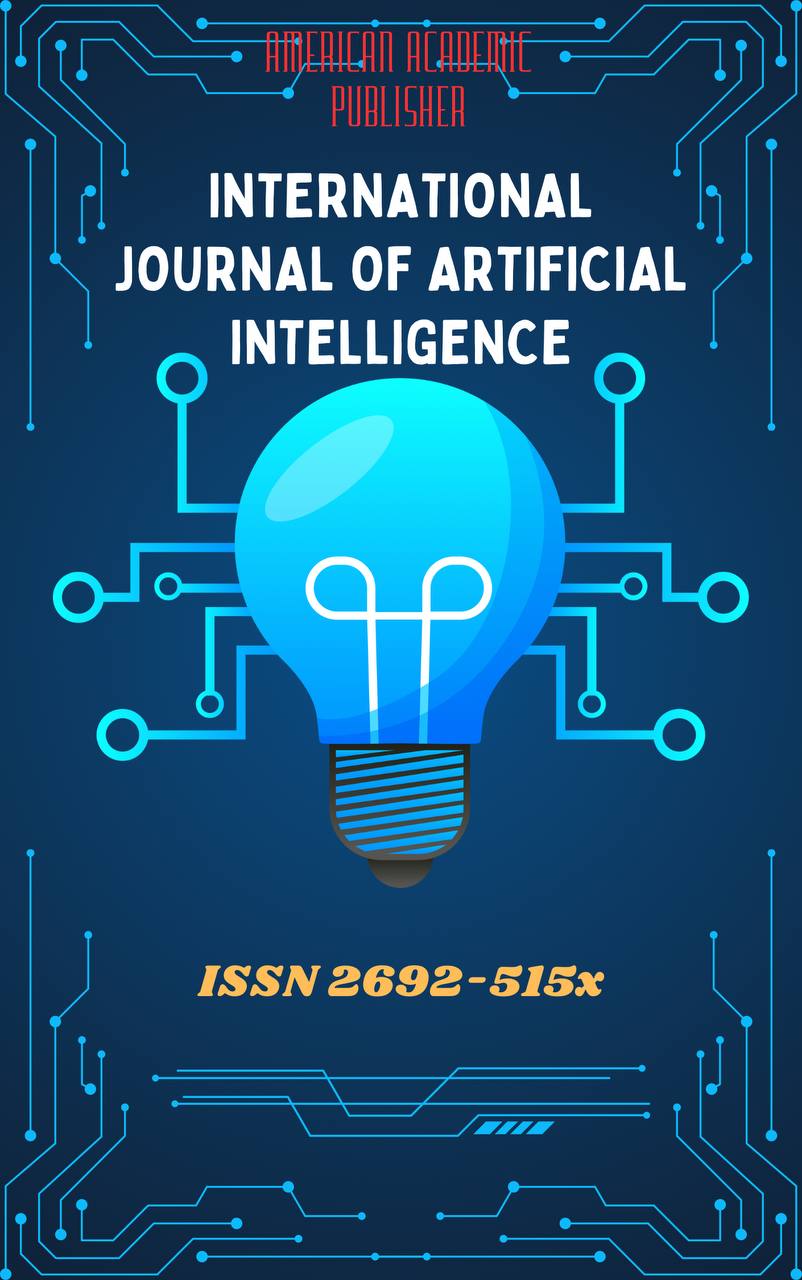 Articles
| Open Access |
Articles
| Open Access | AZERBAIJAN IN THE POST-SOVIET SPACE: REGIONAL POWER AND GEOPOLITICAL STRATEGIES
Gulgun Mubariz gizi Guliyeva , Department of Diplomacy and Modern Integration Processes, Baku State UniversityAbstract
This article analyzes Azerbaijan's position as a regional power and its geopolitical strategies in the post-Soviet space. Azerbaijan's strategic location, rich energy resources, and developing transit infrastructure are identified as key factors enhancing its regional influence. The country's multi-vector foreign policy—particularly its balanced relations with Russia, Turkey, Iran, and Western states—is examined as a critical element in strengthening its regional standing. Complex regional conflicts, especially the Karabakh conflict, are highlighted for their role in shaping Azerbaijan’s security and diplomatic strategies. The article thoroughly assesses the political, humanitarian, and security impacts of the Karabakh conflict and emphasizes the significance of new geopolitical realities that emerged after the Second Karabakh War in 2020, such as the opening of the Zangezur Corridor as a strategic transit route. It also addresses the challenges and risks Azerbaijan faces in asserting itself as a regional power. The study underlines the importance of pursuing multi-dimensional diplomacy, a balanced foreign policy, economic diversification, innovation, and social development. Recommendations include deepening regional integration, modernizing energy and transport sectors, resolving conflicts peacefully, and expanding security cooperation. This article offers valuable academic and practical insights into Azerbaijan’s evolving role in the dynamic geopolitical landscape of the post-Soviet region.
Keywords
Post-Soviet space, regional power, geopolitical strategies, Karabakh conflict, Zangezur corridor, energy diplomacy, transit routes, security policy
References
Aliyev, R. (2023). Regional connectivity and economic diplomacy in the South Caucasus. Journal of Eurasian Studies, 12(3), 45–63.
Babayeva, G. (2019). Azərbaycanın geostrateji mövqeyi və enerji siyasəti. Bakı: Elm və Təhsil.
Ismayilov, E. (2023). Azərbaycanın Regional İnkişaf Strategiyası və Xarici Siyasəti. Baku University Press. s,210
Blank, S. (2013). Russia and the post-Soviet space: The strategic importance of Ukraine. Strategic Studies Institute.
Cooley, A., Laruelle, M. (2019). The impact of China’s Belt and Road Initiative on Central Asia. The European Institute for Security Studies.
Cornell, S. E. (2011). Azerbaijan since independence. M.E. Sharpe.
De Waal, T. (2021). The new South Caucasus: Prospects for regional cooperation. Carnegie Europe.
Delcour, L, Wolczuk, K. (2015). Regional Organisations in the Post-Soviet Space: Patterns of Interaction and Prospects for Cooperation. Europe-Asia Studies, 67(3), 365–387.
European Commission. (2022). EU-Azerbaijan energy cooperation framework. Brussels.
International Crisis Group. (2021). Post-war prospects in Nagorno-Karabakh (Report No. 264).
Ismayilov, E. (2022). Transport corridors and geopolitical shifts in the South Caucasus. Caucasus Review of International Affairs, 14(1), 29–47.
Ismayilov, E. Papava, V. (2010). A new concept for the Caucasus. Middle East Quarterly, 17(1), 59–69.
Ismayilov, M., Valiyev, A. (2021). Zangezur corridor and Azerbaijan’s new connectivity strategy. Caucasus Policy Brief, 4(2).
Libman, A. Obydenkova, A. (2018). Regionalism in the Post-Soviet Space: Understanding the Institutional Design of the Eurasian Economic Union. Post-Soviet Affairs, 34(2-3), 81–95.
Libman, A., & Vinokurov, E. (2012). What Drives Regional Integration in the Post-Soviet Space? The Eurasian Customs Union as a Case Study. Problems of Post-Communism, 59(3), 3–19.
Kazemzadeh, M. (2021). Iran’s regional strategies in the post-Soviet space. Middle East Policy, 28(2), 78–95.
Kasımoğlu, M. (2020). Azerbaycan-Türkiye enerji işbirliği: Stratejik bir yaklaşım. Uluslararası İlişkiler Dergisi, 21(3), 120–138.
Kortunov, A. (2023). The strategic vacuum and the rise of middle powers. Russian International Affairs Council (RIAC).
Kolstø, P. (2000). Political Construction Sites: Nation-building in Russia and the Post-Soviet States. Westview Press. s,280
Klein, L. (2022). The Collective Security Treaty Organization: Challenges and Prospects. Journal of International Security Studies, 18(2), 150–176.
Article Statistics
Downloads
Copyright License

This work is licensed under a Creative Commons Attribution 4.0 International License.
